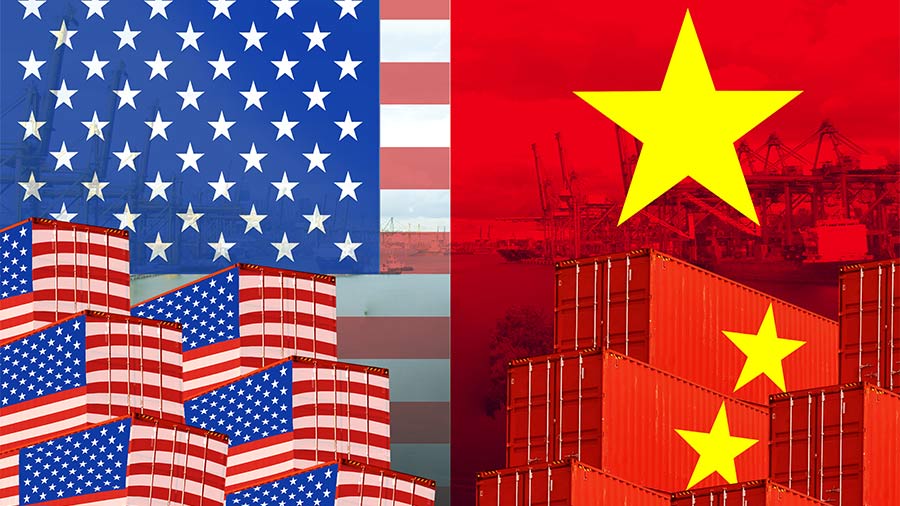HCMC City Attracts US$ 2.15 billion FDI in Six Months
By: Dezan Shira & Associates
Editor: Koushan Das
In the first half of 2017, the city has attracted US$2.15 billion in foreign direct investment (FDI), double the amount from the same period last year. Major sectors that attracted investments include the processing and manufacturing sector, followed closely by wholesale and retail. Other sectors include automobile and motorbike maintenance businesses along with the information and communications industry. Looking forward, investment into the city will continue to surpass previous levels, driven by growing working age population, investor friendly policies, and slow but steady transition to high-value manufacturing.
 RELATED: Pre-Investment, Market Entry Strategy Advisory Services from Dezan Shira & Associates
RELATED: Pre-Investment, Market Entry Strategy Advisory Services from Dezan Shira & Associates
FDI inflows
South Korea is the largest investor, accounting for 26.9 percent of the total FDI. Japan accounted for 14.1 percent, followed closely by Malaysia at 12.1 percent and Singapore at 11.1 percent.
The city attracted 340 new projects amounting to US$ 375 million, while US$ 346 million is being invested in 91 existing projects. The city’s robust processing and manufacturing sector attracted 33.1 percent or US$ 124 million of the total FDI, while wholesale and retail, and automobile and motorbike maintenance businesses attracted 29.4 percent or US$ 110 million of the total FDI. The information and communications industry attracted US$ 56.23 million or 15 percent of the total FDI.
Much of the FDI was in the form of capital contribution and share buying deals by foreign investors that accounted for a total of US$1.15 billion.
Ho Chi Minh’s economy
In the first half of 2017, the city achieved a growth of 7.68 percent, up from 7.47 percent a year earlier. In the first six months, 18,030 new companies with total registered capital of VND 492.7 trillion (US$21.8 billion) were issued licenses, more than twice the number in the same period last year. This has led to an increase in jobs and city’s revenues by 18 percent to VND 147.5 trillion ($6.6 billion).
Key industries such as engineering and automation, electronics, chemicals, rubber, plastics, and food processing continue to grow at nearly 9.72 percent, driven by exports and investment in technology to further productivity and competitiveness. Services and retail sales grew by 10.3 percent, while industrial output rose by 7.5 percent.
![]() RELATED: Vietnam in 2017: Spotting Opportunities for FDI
RELATED: Vietnam in 2017: Spotting Opportunities for FDI
FDI opportunities
The growing middle class, low cost labor pool, and young population, coupled with rise in disposable income and spending patterns, will continue to offer compelling opportunities for investors in retail, e-commerce, food processing, and electronics industry to capitalize on the growing local consumption.
Investment friendly regulations and tax benefits such as lower corporate income tax, import duty exemptions, SEZ benefits, and reduction of land rental or land use taxes provides ample opportunities to investors especially in high-tech and healthcare sectors. Already companies such as Samsung, LG, Toyota, Honda, and Canon have selected Vietnam as a manufacturing base.
Opportunities also prevail in the infrastructure sector. With the economy booming, the city is planning to invest heavily in infrastructure projects mainly through Public Private Partnerships (PPP). The city has established a public-private partnership (PPP) board to attract more capital to infrastructure development, as it needs VND850 trillion ($37.4 billion) from 2016 to 2020, while it can only fund 20 per cent. Under the PPP model, incentives are being offered in seven specific programs: human resource development, administrative reform, growth quality, competitiveness improvement, traffic congestion and flooding control, and cityscape rehabilitation.
Looking forward
Ho Chi Minh City’s upward trajectory looks set to continue, driven by a growing middle class, increase spending, and policy reforms. The favorable demographics, expanding consumer market, and increasing FDI in the last few years has pushed the city’s rankings to the second spot in the 2017 JLL City Momentum Index, which tracks the rate of change of a city’s economy.
To ensure a sustainable growth, the city needs to move towards high-value and technology-based activities, which are currently at a nascent stage. The city also needs to focus on establishing stronger higher-education institutions, to ensure a high-skilled workforce. To further support the economy, investment in infrastructure projects has to increase. Foreign investors usually stay away from such projects due to lack of transparency, but ongoing reforms and incentives are trying to provide a conducive environment for investors.
|
Vietnam Briefing is published by Asia Briefing, a subsidiary of Dezan Shira & Associates. We produce material for foreign investors throughout Eurasia, including ASEAN, China, India, Indonesia, Russia & the Silk Road. For editorial matters please contact us here and for a complimentary subscription to our products, please click here. Dezan Shira & Associates provide business intelligence, due diligence, legal, tax and advisory services throughout the Vietnam and the Asian region. We maintain offices in Hanoi and Ho Chi Minh City, as well as throughout China, South-East Asia, India, and Russia. For assistance with investments into Vietnam please contact us at vietnam@dezshira.com or visit us at www.dezshira.com
|
![]()
 Dezan Shira & Associates Brochure
Dezan Shira & Associates Brochure
Dezan Shira & Associates is a pan-Asia, multi-disciplinary professional services firm, providing legal, tax and operational advisory to international corporate investors. Operational throughout China, ASEAN and India, our mission is to guide foreign companies through Asia’s complex regulatory environment and assist them with all aspects of establishing, maintaining and growing their business operations in the region. This brochure provides an overview of the services and expertise Dezan Shira & Associates can provide.
 An Introduction to Doing Business in Vietnam 2017
An Introduction to Doing Business in Vietnam 2017
An Introduction to Doing Business in Vietnam 2017 will provide readers with an overview of the fundamentals of investing and conducting business in Vietnam. Compiled by Dezan Shira & Associates, a specialist foreign direct investment practice, this guide explains the basics of company establishment, annual compliance, taxation, human resources, payroll, and social insurance in this dynamic country.
 Managing Contracts and Severance in Vietnam
Managing Contracts and Severance in Vietnam
In this issue of Vietnam Briefing, we discuss the prevailing state of labor pools in Vietnam and outline key considerations for those seeking to staff and retain workers in the country. We highlight the increasing demand for skilled labor, provide in depth coverage of existing contract options, and showcase severance liabilities that may arise if workers or employers choose to terminate their contracts.
- Previous Article Vietnam’s Solar Power Policy: The Dawn of a New Age in Utilities Investment
- Next Article Vietnam / EAEU FTA Produces US$10 Billion In Russian Investments

































